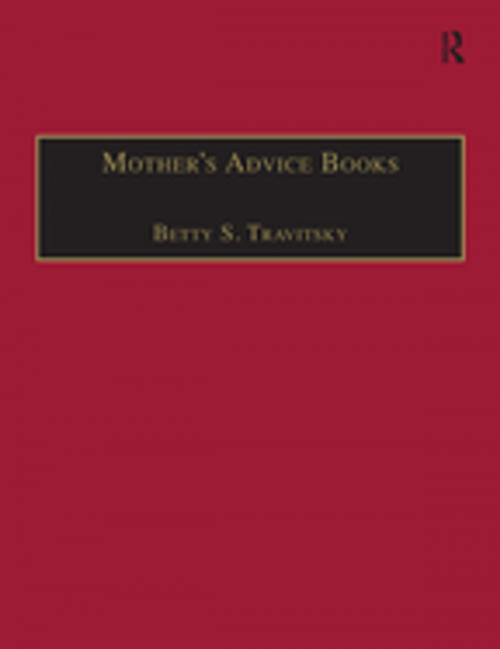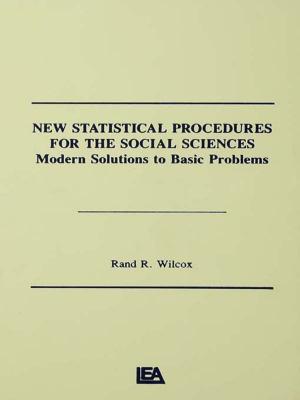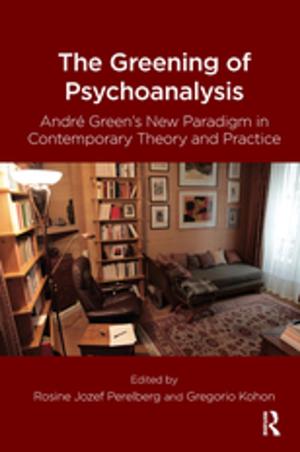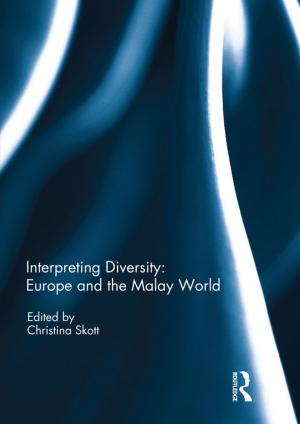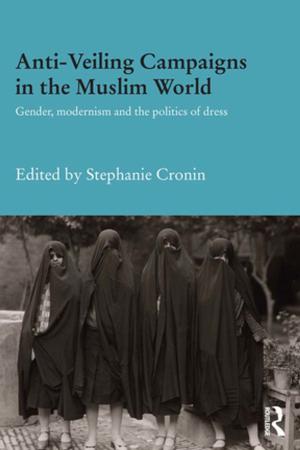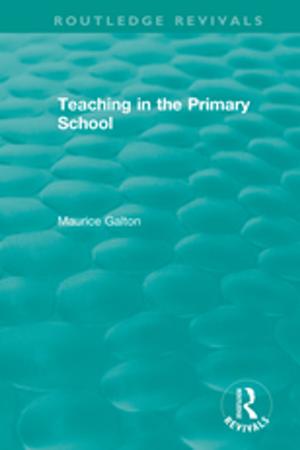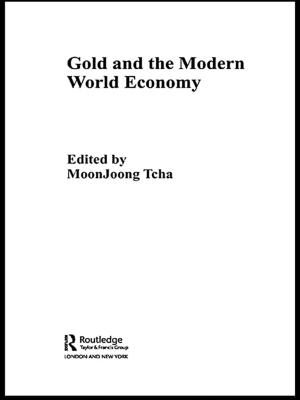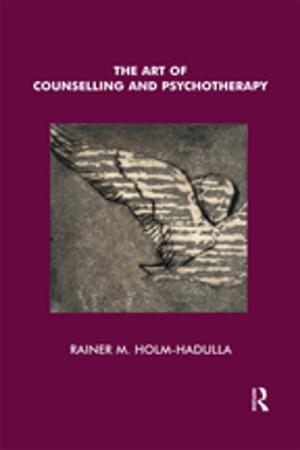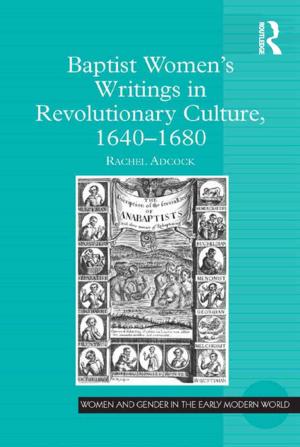Mother’s Advice Books
Printed Writings 1500–1640: Series I, Part Two, Volume 8
Fiction & Literature, Literary Theory & Criticism| Author: | ISBN: | 9781351964395 | |
| Publisher: | Taylor and Francis | Publication: | December 5, 2016 |
| Imprint: | Routledge | Language: | English |
| Author: | |
| ISBN: | 9781351964395 |
| Publisher: | Taylor and Francis |
| Publication: | December 5, 2016 |
| Imprint: | Routledge |
| Language: | English |
Early modern works of advice can be typified by a number of texts by Erasmus falling into a variety of categories: advice on family conduct; manners; study plans and piety. A close relation to these works of advice was the parental advice book, usually written by a father to his son. It was not until the early 17th century that the mother's advice book evolved and even then these were often legitimated by the female authors claiming that sickness, or even impending death, made relaying their motherly advice by a means other than print impossible. The contents of the present volume, ordered chronologically by the date of the first edition of each advice book, are limited to works attributed to named mothers, even though information about these historical women is not always abundant. Miscellanea was the attempt of Elizabeth Grymeston to distill advice to her only surviving. It was first published in 1604. The text reproduced here is the 1608 edition which was the first to include the additional substantive Prayers. Even though listings indicate there were 19 editions of The Mother’s Blessing before 1640 very little is known of Dorothy Leigh. The first edition (1616), reproduced here, describes her as a gentle-woman, not long deceased and her dedicatory epistle to her three sons identifies her as a widow. Elizabeth Clinton wrote her advice book when she had become countess-dowager. It was dedicated to her daughter-in-law and addresses an area where she had apparently been deficient - the imperative directed at early modern women by domestic conduct books that mothers should nurse their own children. The edition reproduced here is the British Library copy. Elizabeth Brook Joceline composed her Legacy whilst awaiting the birth of her first child, having become convinced that she would die in childbirth. She died in 1622, nine days after the birth of a daughter. Possibly the most poignant of the mother's advice books, this was intended to stand in for her instructi
Early modern works of advice can be typified by a number of texts by Erasmus falling into a variety of categories: advice on family conduct; manners; study plans and piety. A close relation to these works of advice was the parental advice book, usually written by a father to his son. It was not until the early 17th century that the mother's advice book evolved and even then these were often legitimated by the female authors claiming that sickness, or even impending death, made relaying their motherly advice by a means other than print impossible. The contents of the present volume, ordered chronologically by the date of the first edition of each advice book, are limited to works attributed to named mothers, even though information about these historical women is not always abundant. Miscellanea was the attempt of Elizabeth Grymeston to distill advice to her only surviving. It was first published in 1604. The text reproduced here is the 1608 edition which was the first to include the additional substantive Prayers. Even though listings indicate there were 19 editions of The Mother’s Blessing before 1640 very little is known of Dorothy Leigh. The first edition (1616), reproduced here, describes her as a gentle-woman, not long deceased and her dedicatory epistle to her three sons identifies her as a widow. Elizabeth Clinton wrote her advice book when she had become countess-dowager. It was dedicated to her daughter-in-law and addresses an area where she had apparently been deficient - the imperative directed at early modern women by domestic conduct books that mothers should nurse their own children. The edition reproduced here is the British Library copy. Elizabeth Brook Joceline composed her Legacy whilst awaiting the birth of her first child, having become convinced that she would die in childbirth. She died in 1622, nine days after the birth of a daughter. Possibly the most poignant of the mother's advice books, this was intended to stand in for her instructi
